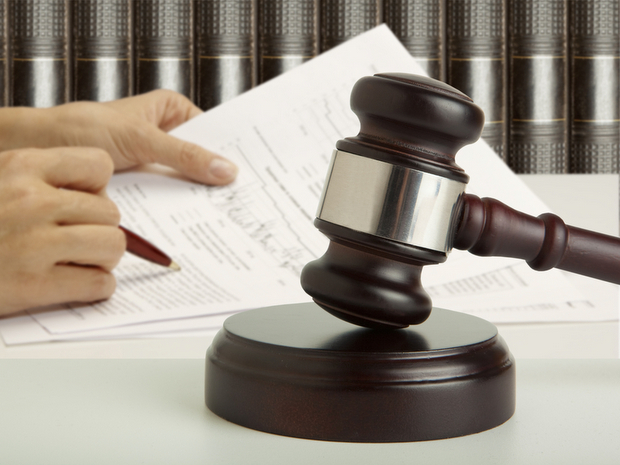China sees surge in IP cases involving overseas firms


China's top court said it saw an increase in intellectual property (IP) lawsuits involving foreign companies during the first five months of the year.
The Supreme People's Court said judges around the country announced verdicts in 24,544 IP cases, an increase of 36.6 percent year-on-year, China Daily reported on Monday. About 2 percent of the cases, or 504 lawsuits, involve overseas litigants, compared to last year where 1.7 percent of 83,850 lawsuits nationwide being foreign-related.
For example, MNCs such as Microsoft, Apple, General Electric and Abbott Laboratories from the U.S., Michelin from France, BMW from Germany and Honda from Japan have all appeared as litigants in IPR lawsuits in China in recent years, the top court noted.
Kong Xiangjun, president of the top court's intellectual property tribunal, noted in the report foreign parties involved are mainly from the U.S., and major European countries such as U.K., France, Germany and Japan, he said.
Most of the IPR lawsuits involving overseas companies are related to infringement of trademarks, patents or copyrights, he said.
Chinese judges are also under pressure due to the complexity of such cases and the huge impact the ruling might bring the litigants, Kong noted. The verdicts may have a huge impact on the litigants or be vital for a company's survival, he said.
"With rapidly developing technology, it's difficult to clarify some of the technical facts, particularly in high-tech sectors such as biology, chemistry, pharmaceutical, electronics and telecom," he said.
The country's government has been taking steps to tackle IP disputes in the country, such as enabling local grassroot courts to designate IP lawsuits jurisdictions, and the establishment of a center to provide third-party mediation and dispute resolution services for technology companies involved in IP disputes.